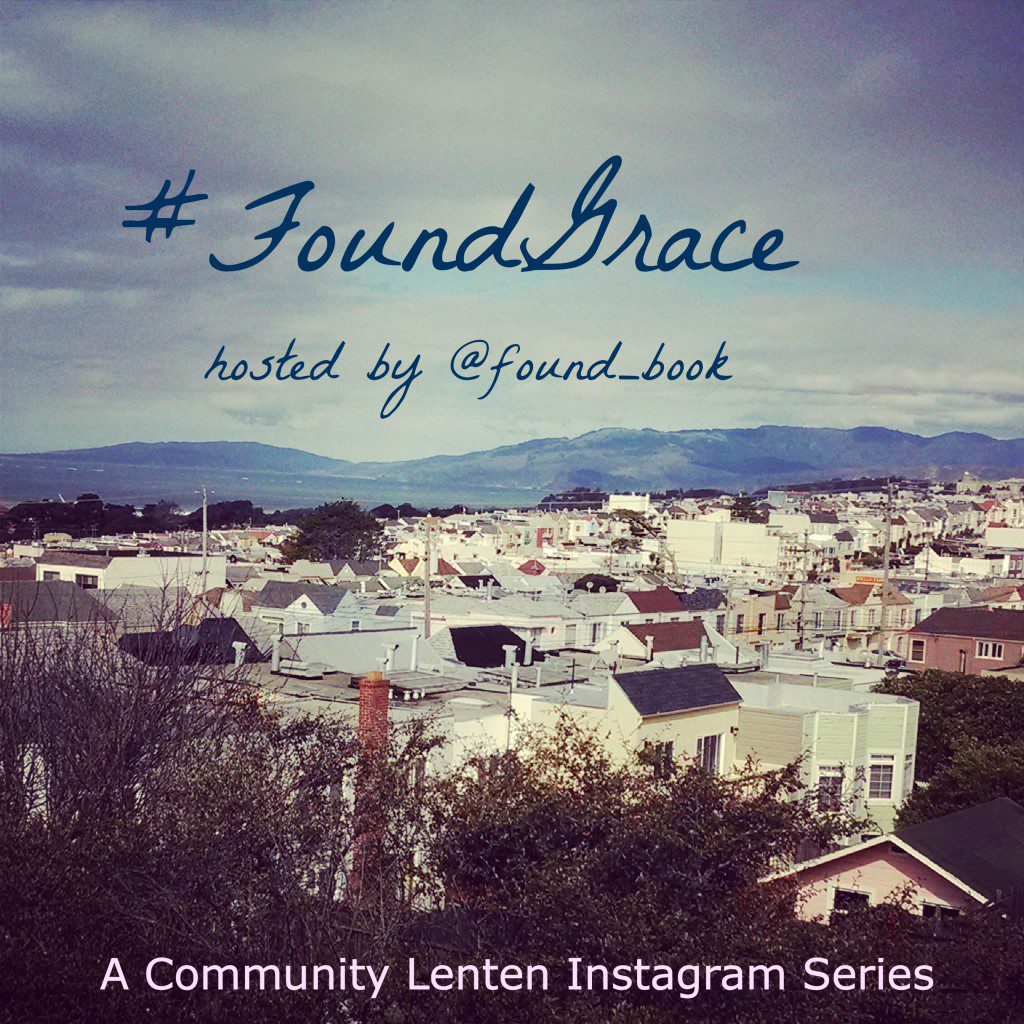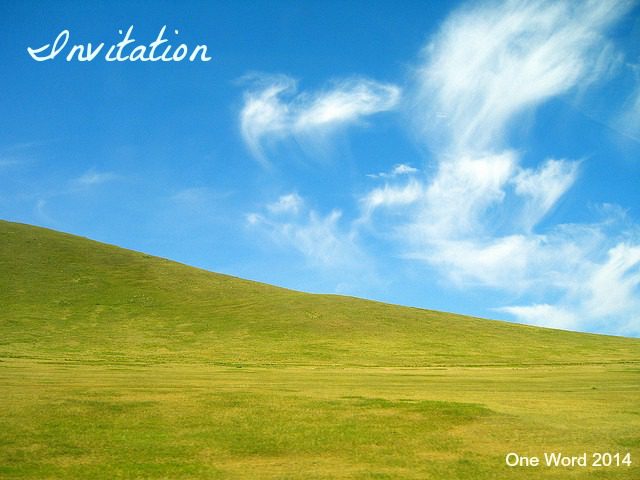“Idleness is the enemy of the soul. Therefore all the community must be occupied at definite times in manual labour and at other times in lectio divina.” (The Rule of St. Benedict, Chapter 48)
One of the things that makes St. Benedict’s Rule so significant in the canon of ancient Christian writings, is that he had an unusual sense of balance and gentleness. He wrote at a time (7th century) when many believers were burdening themselves under a weight of self-induced abuse (as a way of worshipping and feeling Christ’s pain) and were choosing to sacrifice community for the sake of enlightenment (a lifestyle that Benedict saw as unhealthy and unbiblical). He wrote against the life of the hermit. He wrote with a practical understanding of holistic worship. He understood that our bodies need care as much as our souls need nourishing. And he wrote with grace offered.
What I loved about the small amount of time I’ve spent at monasteries was the opportunity to see monks in their daily living. Yes, there was the liturgy of the hours and the eating and the time alone for prayer. But there was also the morning work because somebody has to fix the stopped-up toilet and somebody has to make a living around there. At St. Andrews in Valleyrmo, there was a ceramics shop and several monks worked daily crafting and creating. At the monastery in Pecos, New Mexico, a nun was well known for her weaving. It was her work. She wove and she sold it and she prayed.
We often define ourselves by separate categories. We are spiritual and physical and emotional and relational. And those layers are not separated into tidy sections. The spiritual is shaped by the physical. The relational forms the emotional. To care for another, to offer water to a thirsty child, is to worship.
So, yes to St. Benedict and his simple message: “Idleness is the enemy of the soul.” We pray and we work. We study scripture because in it we find the word of life, and then we live and engage and serve.
Don’t be mistaken. There is a difference between idleness and rest. There’s a difference between blind striving and hard work. How do we know where one stops and the other begins? We know who we are in Christ. We believe in grace and in God’s deep love for us. We work out of a healthy knowledge of our own value because we know it is not a result of our accomplishments. We work knowing that our hope is in the one who offers rest at the end of the day, at the end of the week.
Work and prayer. Work and prayer. Always knowing who gives work, who calls us to work, who equips us for work, who brings the day to a close and calls us back to the candle burning in the window of the stone chapel, where the monks chant the Psalms…
Return to your rest, my soul,
for the Lord has been good to you.











